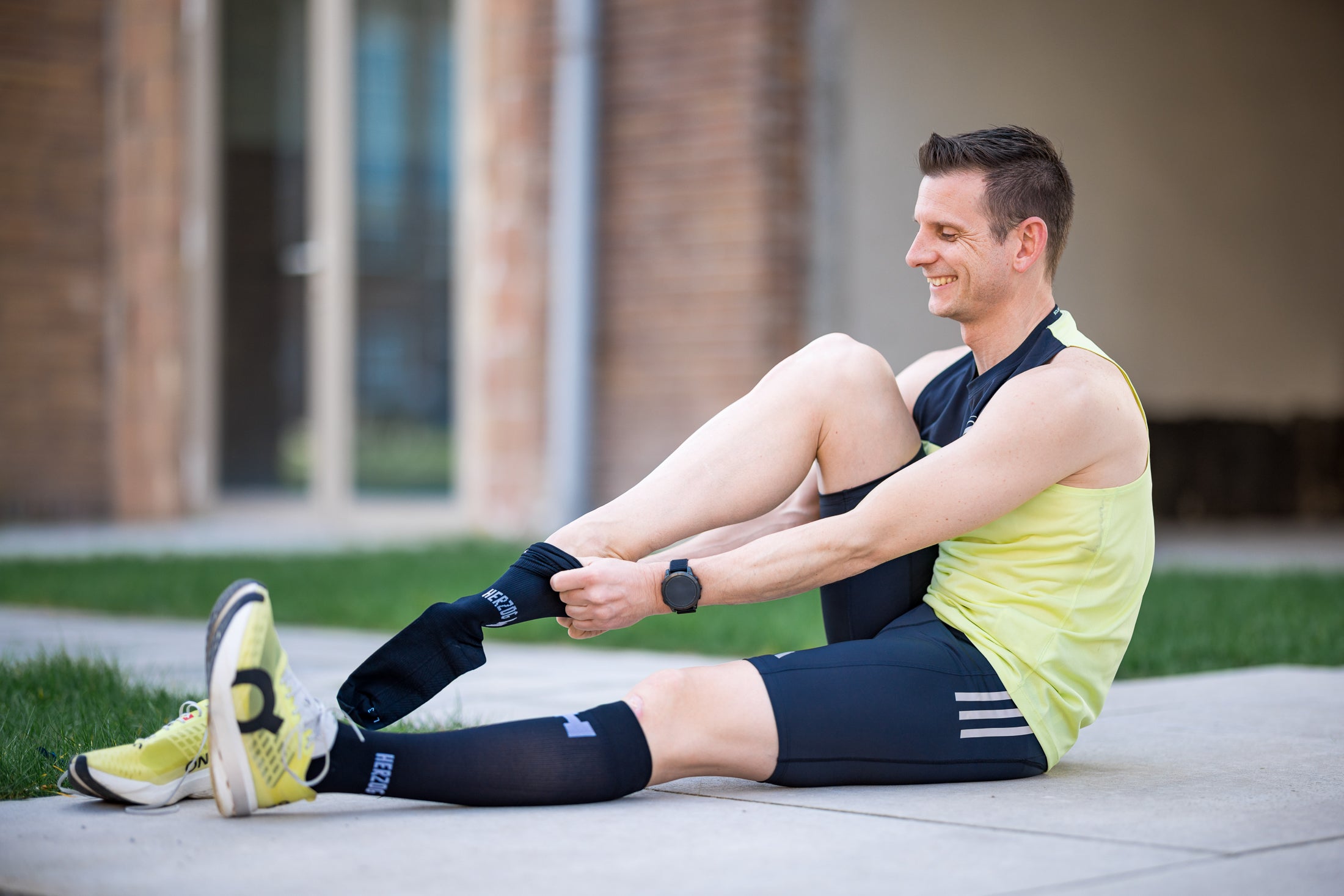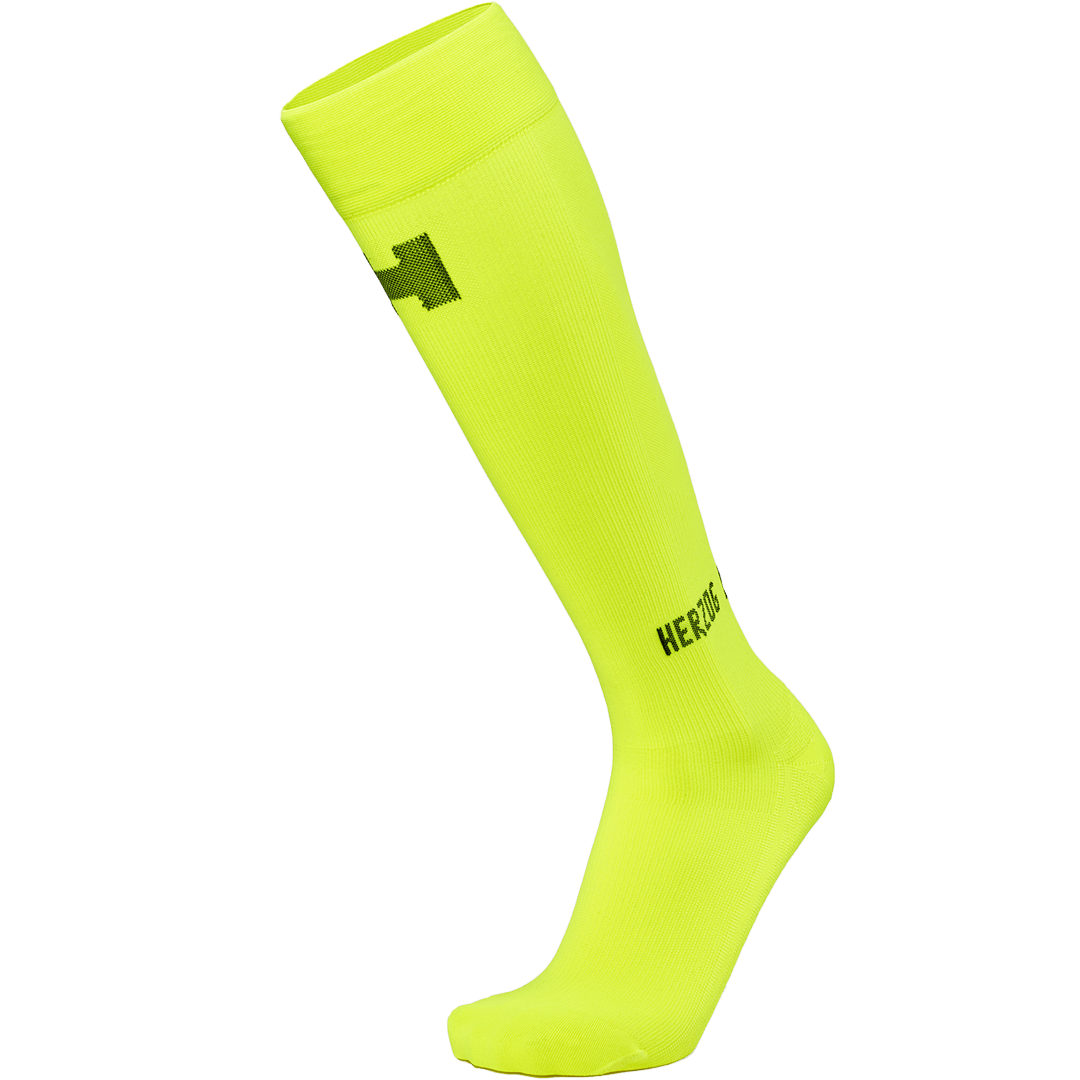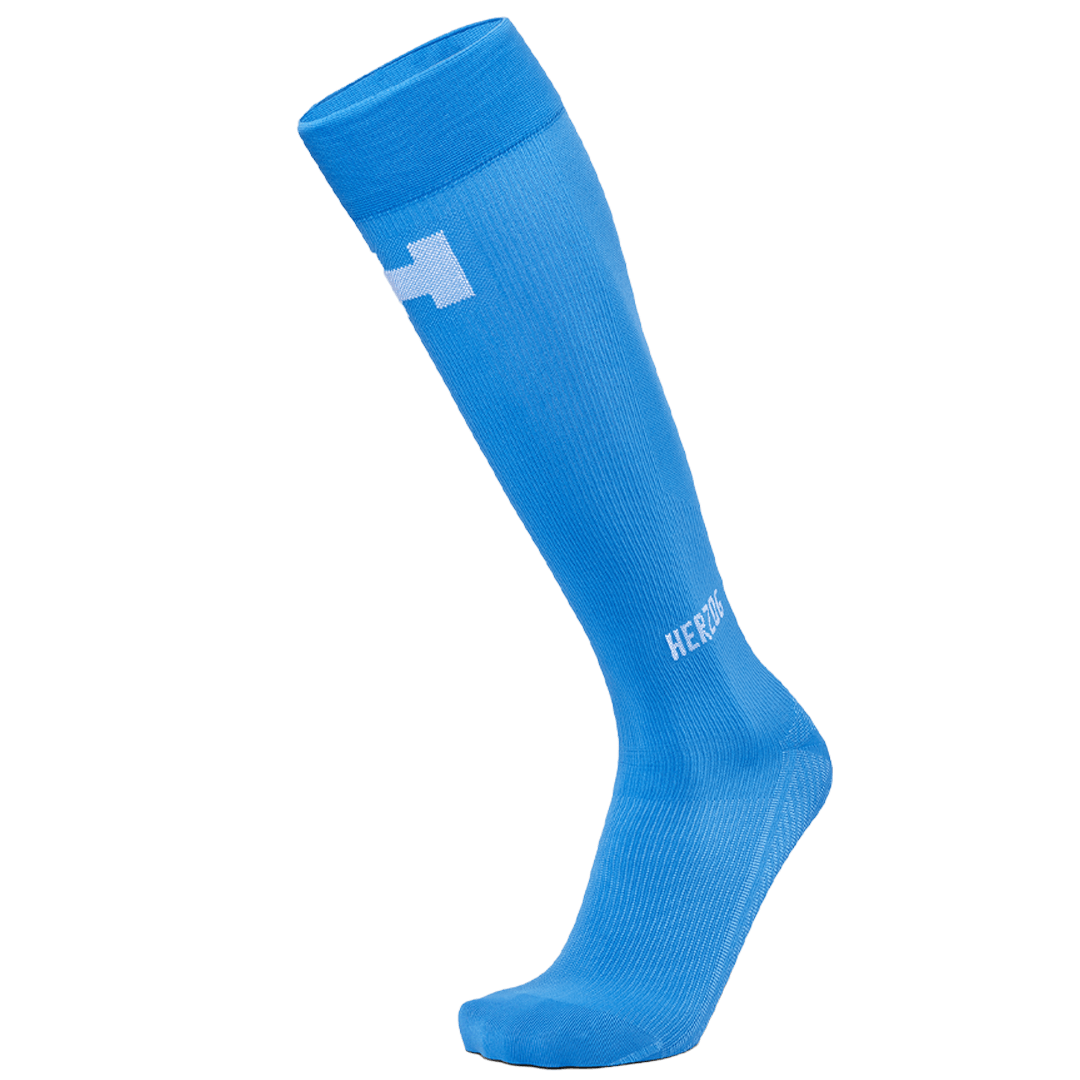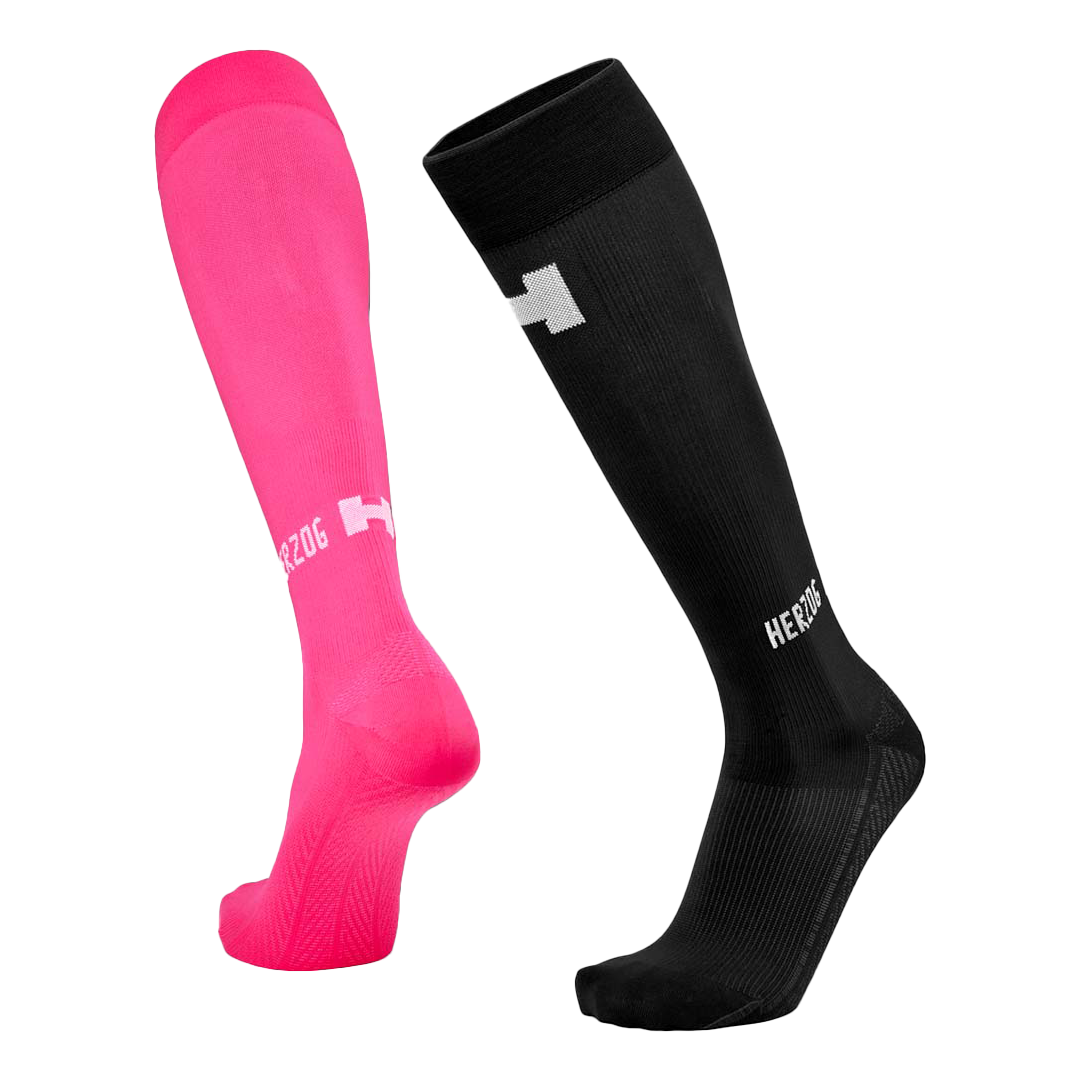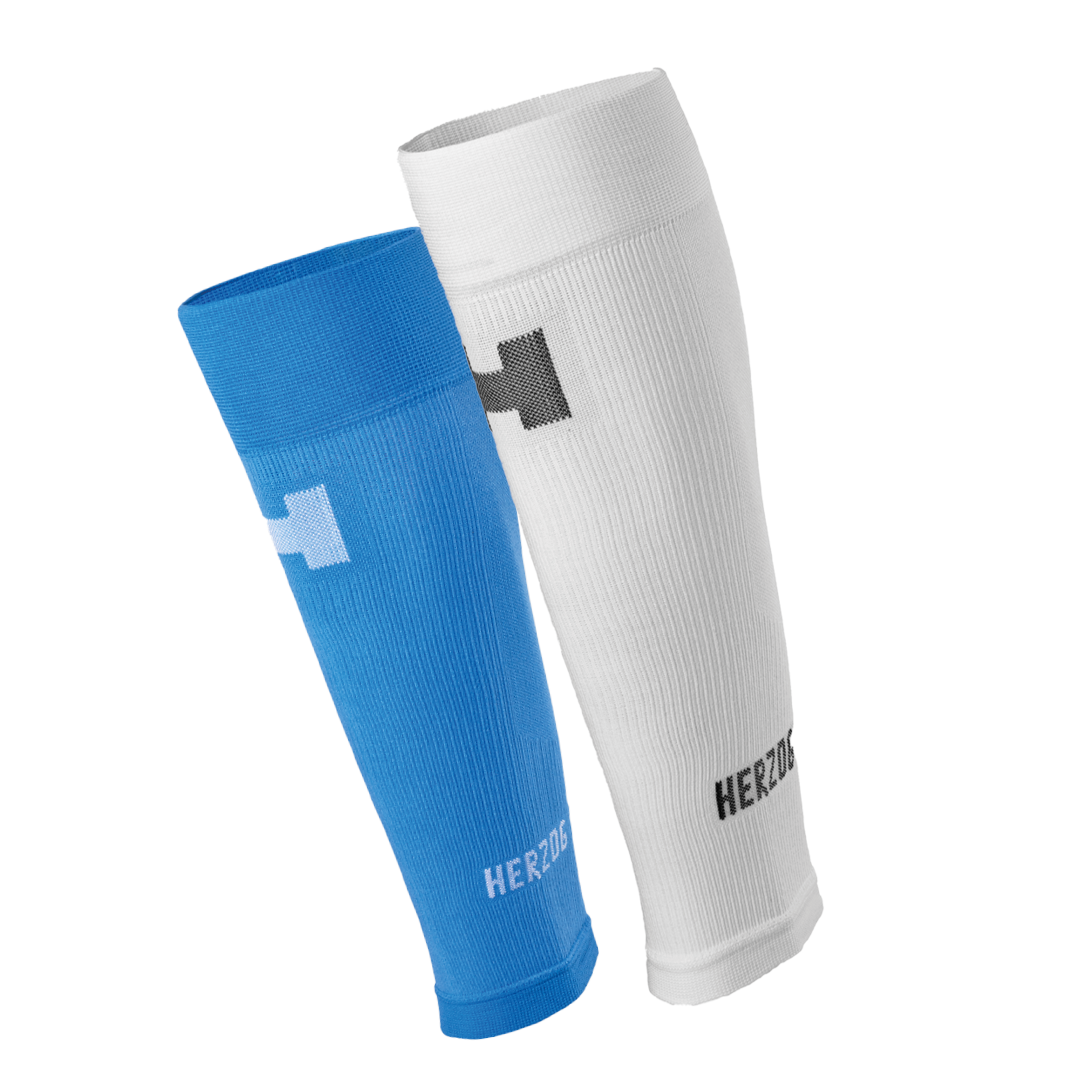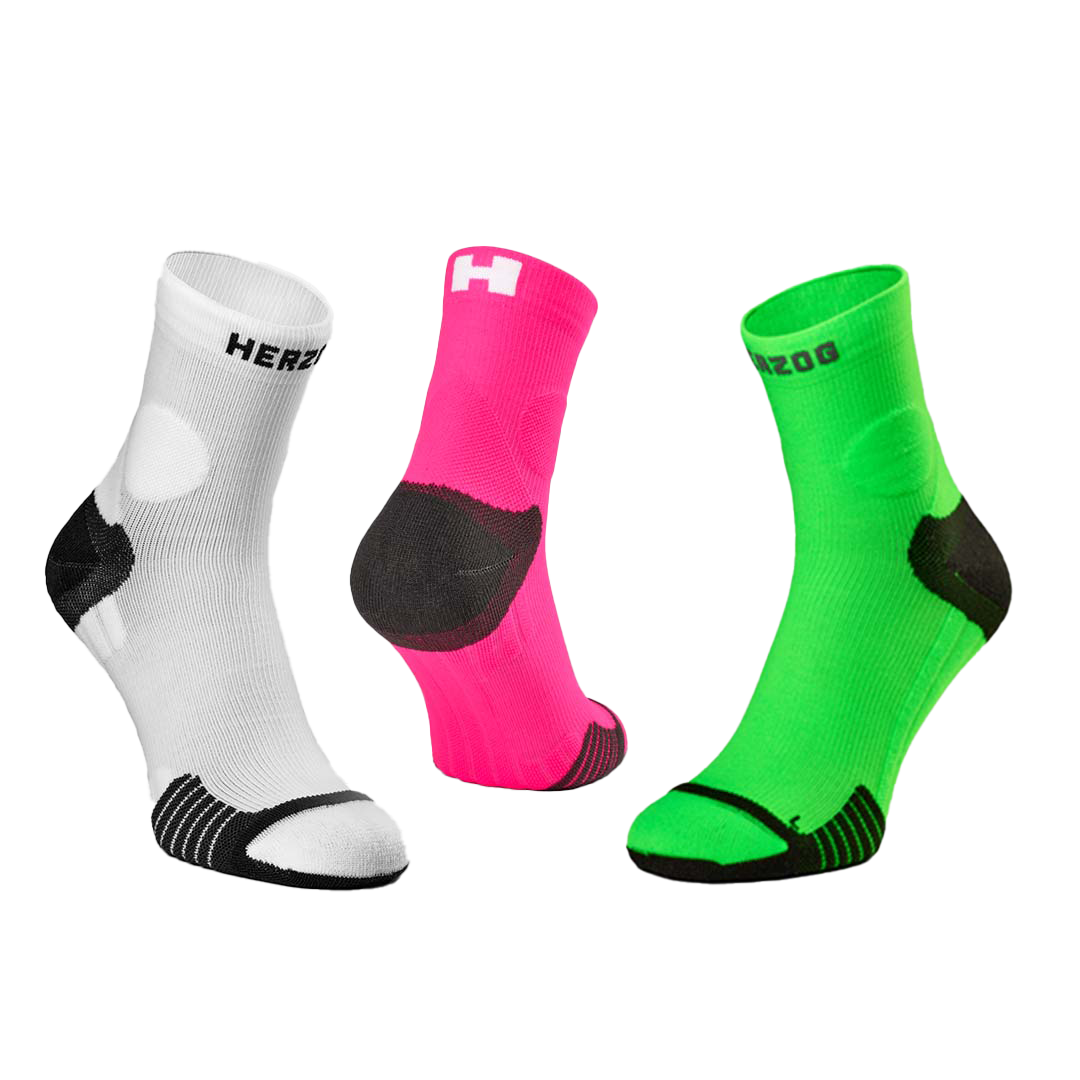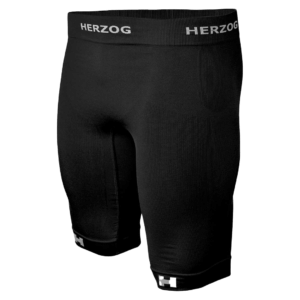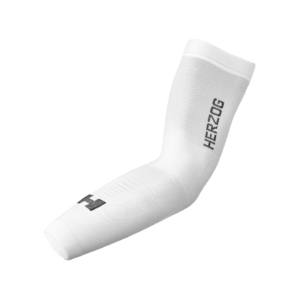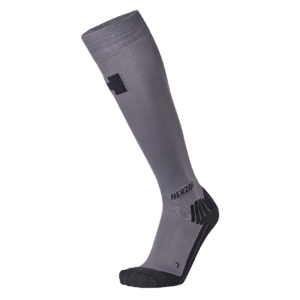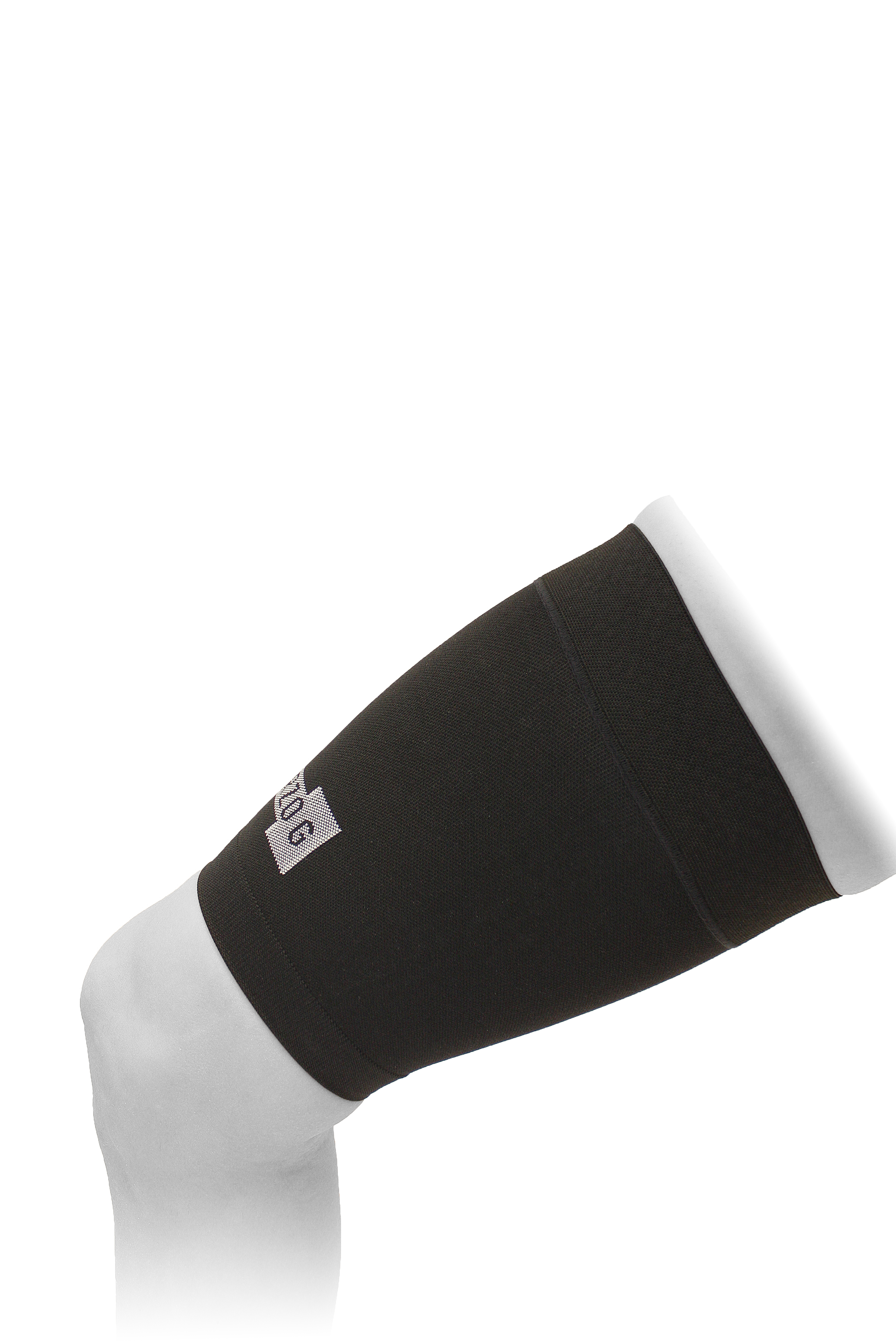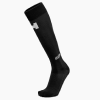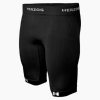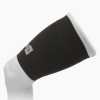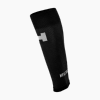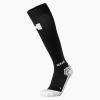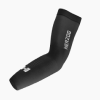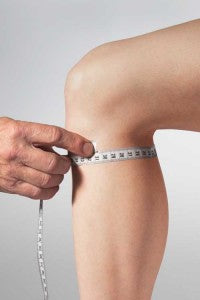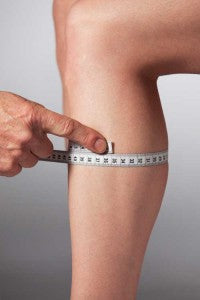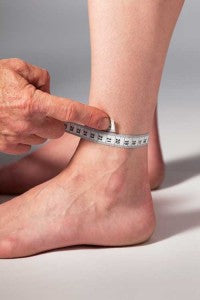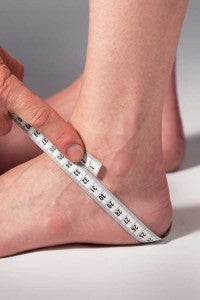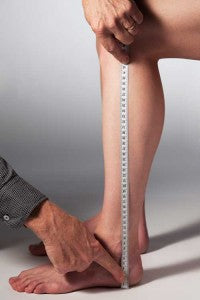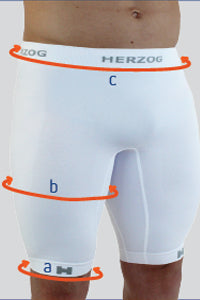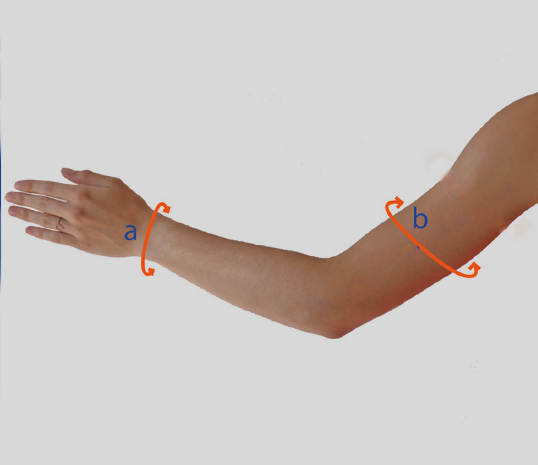Why losing weight with running is often disappointing
1. Your body chooses the wrong 'fuel'
If you run at too fast a pace, your body burns primarily sugars (carbohydrates) instead of fat. Fat burning occurs primarily during easy, long runs. Many people run too fast to burn fat efficiently.
💡 Tip for losing weight through running: Run at a pace where you can still talk. This is usually around 60-70% of your maximum heart rate: the "fat-burning zone." This is how you choose the right pace for optimal fat burning.
2. Compensatory behavior after running
After a tough workout, you feel like you've earned a reward. That extra cookie or that larger portion of pasta is "allowed" every now and then, right? But this way, you often (unconsciously) eat back more calories than you burned.
3. Running doesn't build muscle mass
While running improves your endurance, it doesn't build much muscle mass. Muscles burn more energy at rest than fat tissue. Without additional strength training, your resting metabolic rate remains relatively low.
4. Your body becomes more efficient
As you run longer and more often, your body learns to conserve energy. This is good news for your performance, but not so good for your calorie expenditure. What initially burned 500 calories might later only burn 350.


